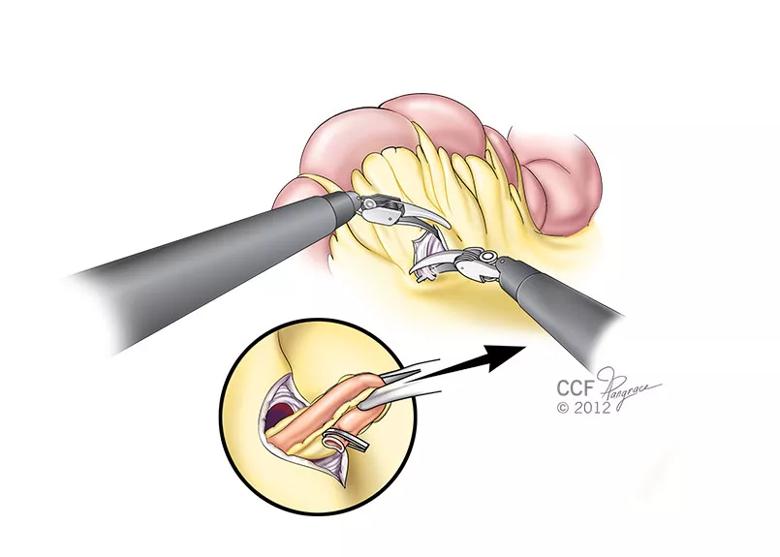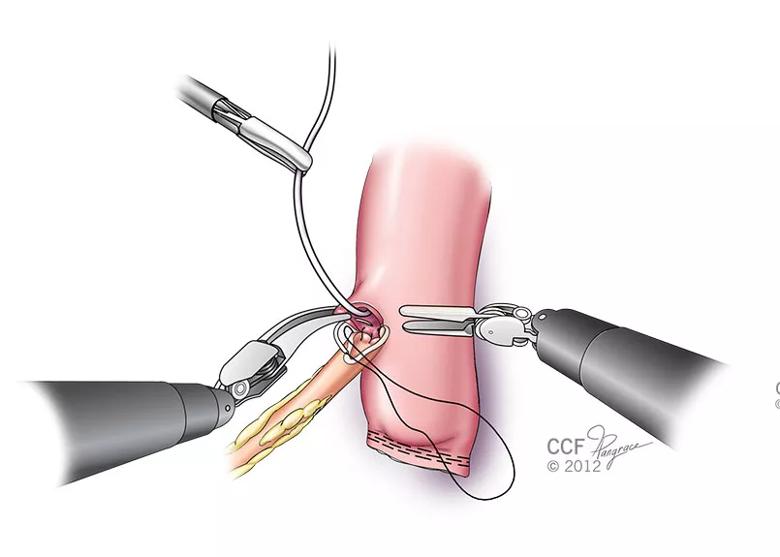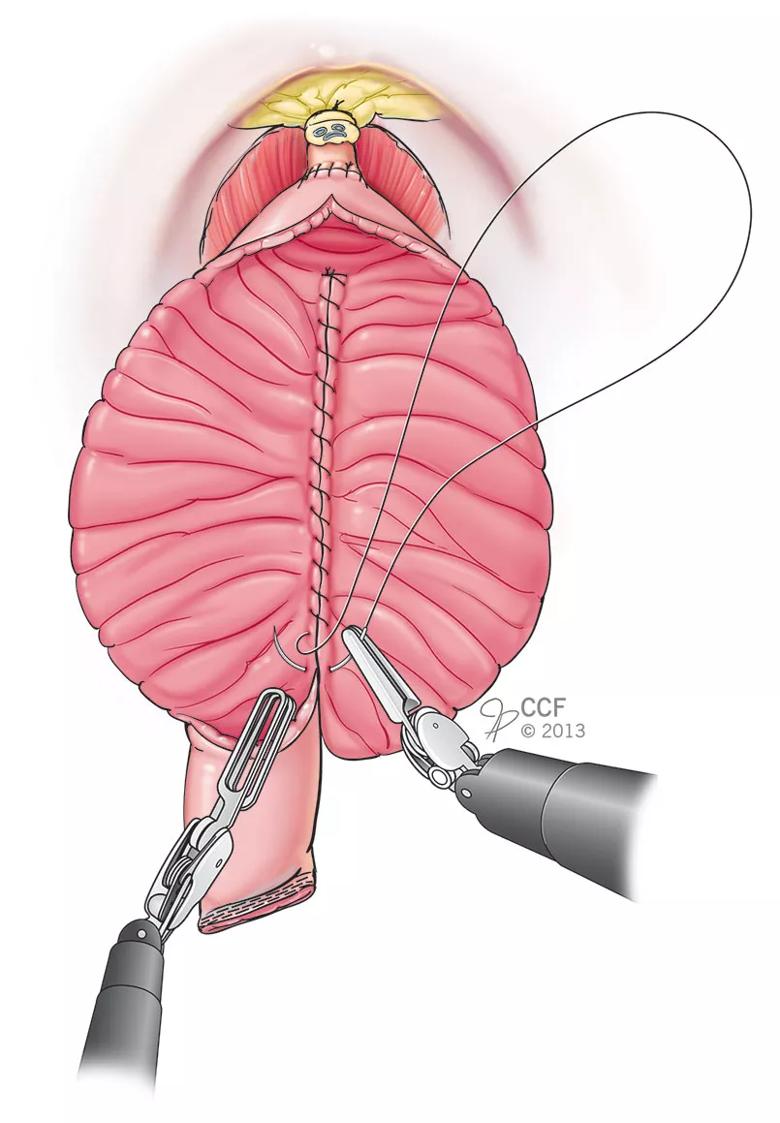Radical cystectomy protocol undergoes radical change

By Anna Zampini MD, MBA, and Georges-Pascal Haber MD, PhD
Advertisement
Cleveland Clinic is a non-profit academic medical center. Advertising on our site helps support our mission. We do not endorse non-Cleveland Clinic products or services. Policy
Historically, the surgical management of bladder cancer has been associated with a high risk of complications and readmissions that result in extended hospital stays and patient dissatisfaction. In recent years, however, there has been a shift in how we think about perioperative management of patients undergoing radical cystectomy.
The dogma of preoperative fasting and extended postoperative bowel rest is changing, and instead we are moving toward accelerated postoperative recovery and care coordination. This shift has led to the development of enhanced-recovery-after-surgery (ERAS) protocols across surgical disciplines. These protocols, or surgical pathways, have demonstrated positive effects — shorter hospitalization, faster return of bowel function, lower complication rates and decreased healthcare costs. We also expect pathways to improve patient satisfaction through enhancements in overall recovery.
At the Cleveland Clinic, we have adopted an evidence- and team-based enhanced recovery after procedures (ERAP) program for cystectomy that represents a marked change in our approach and addresses pre-, intra- and postoperative periods. In our ERAP model, implemented in 2016, we engage patients early with patient-centered preoperative education, minimize preoperative fasting, emphasize minimally invasive techniques, administer goal-directed intraoperative fluids, minimize the administration of opioids, and resume ambulation and oral nutrition in the immediate postoperative period.
Advertisement
We have adopted a streamlined patient-centric approach, providing education materials and referral for preoperative optimization. For instance, cystectomy patients are at high risk of dehydration and malnutrition prior to and following surgery. Rather than routinely administering osmotic bowel preps, we established a regimen of fasting six hours prior to surgery with the administration of clear electrolyte- and carbohydrate-rich fluids up to two hours prior. Alvimopan, a µ opioid receptor antagonist, is administered upon arrival.
We have developed a protocol with our anesthesia colleagues for goal-directed fluid administration with the effect of decreasing overall fluid volume during surgery. Oral gastric tubes are utilized only during surgery and the use of nasogastric tubes is discouraged for routine cases. Minimally invasive, robotic radical cystectomy with intracorporeal diversion is the approach of choice, resulting in decreased blood loss (EBL) during surgery, decreased opioid use and quicker recovery.
In the postoperative period, we continue administering alvimopan until return of bowel function. Stoma teaching, discharge planning, ambulation and a clear liquid diet are started on postoperative day one. Postoperative narcotics are prescribed cautiously and preferably by oral route.
At the time of discharge, patients are provided tailored education materials. They are seen in clinic or via virtual visits by the fourth day after discharge and have access to a 24-hour infusion center for outpatient treatment of postoperative dehydration should it occur.
Advertisement
Instituting ERAP for cystectomy has improved patient care, clinical outcomes and overall value of care. We demonstrated an 11 percent reduction in overall length of stay, 12 percent decreased rate of readmission, decreased EBL, a trend toward decreased incidence of ileus, and overall cost reduction.
Evidence-based enhanced-recovery-after-surgery pathways standardize a multimodal perioperative care path to accelerate patient recovery. Our current success and data encourage the use and further refinement of this enhanced recovery program after radical cystectomy as well as development of such programs for additional oncologic procedures.
Dr. Zampini is a resident and Dr. Haber is staff in the Glickman Urological & Kidney Institute.

Robotic cystectomy with intracorporeal urinary diversion.

Robotic cystectomy with intracorporeal urinary diversion.

Robotic cystectomy with intracorporeal urinary diversion.
Advertisement
Advertisement

First-of-its-kind research investigates the viability of standard screening to reduce the burden of late-stage cancer diagnoses

Global R&D efforts expanding first-line and relapse therapy options for patients

Study demonstrates ability to reduce patients’ reliance on phlebotomies to stabilize hematocrit levels

A case study on the value of access to novel therapies through clinical trials

Findings highlight an association between obesity and an increased incidence of moderate-severe disease

Cleveland Clinic Cancer Institute takes multi-faceted approach to increasing clinical trial access 23456

Key learnings from DESTINY trials

Overall survival in patients treated since 2008 is nearly 20% higher than in earlier patients